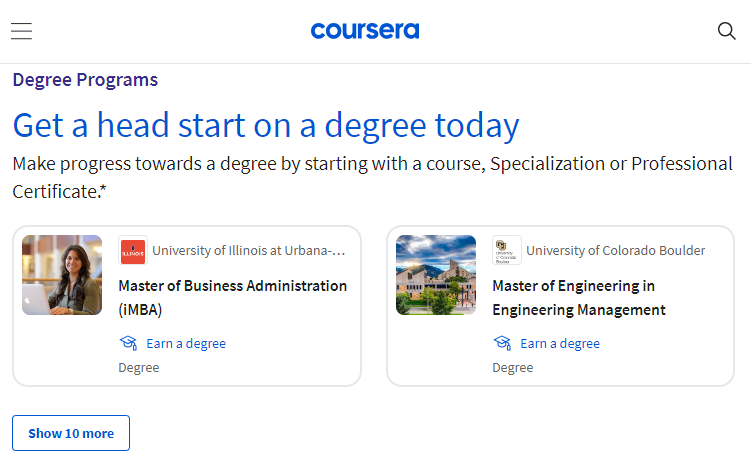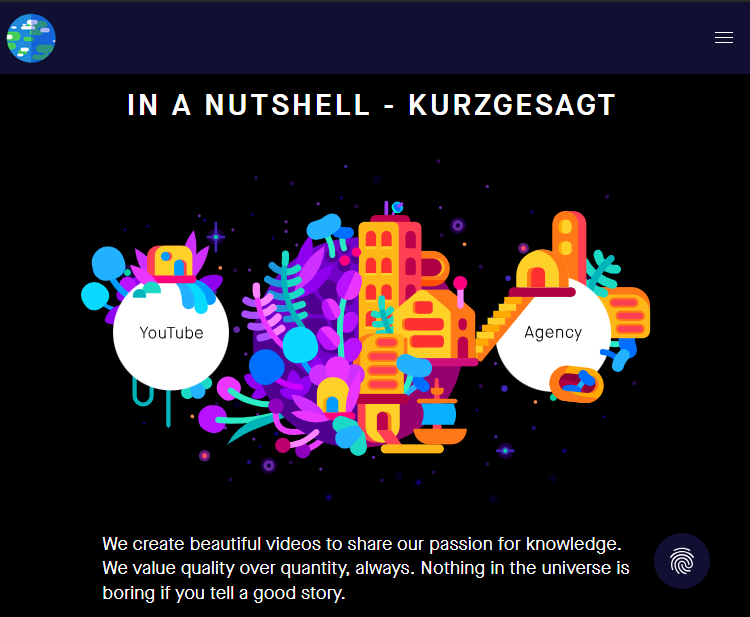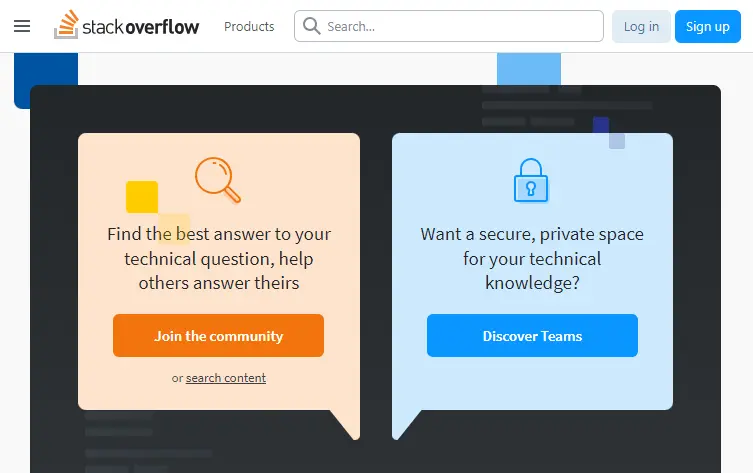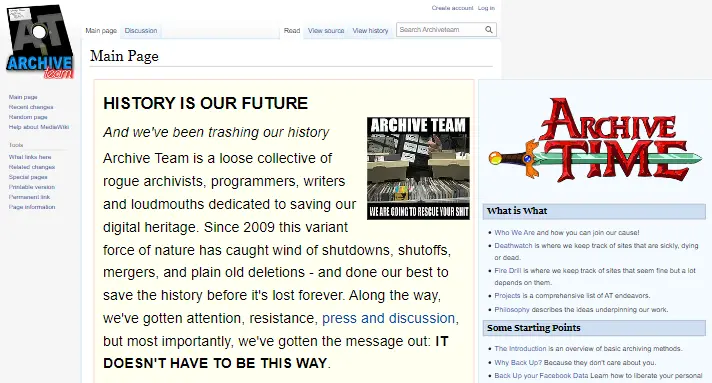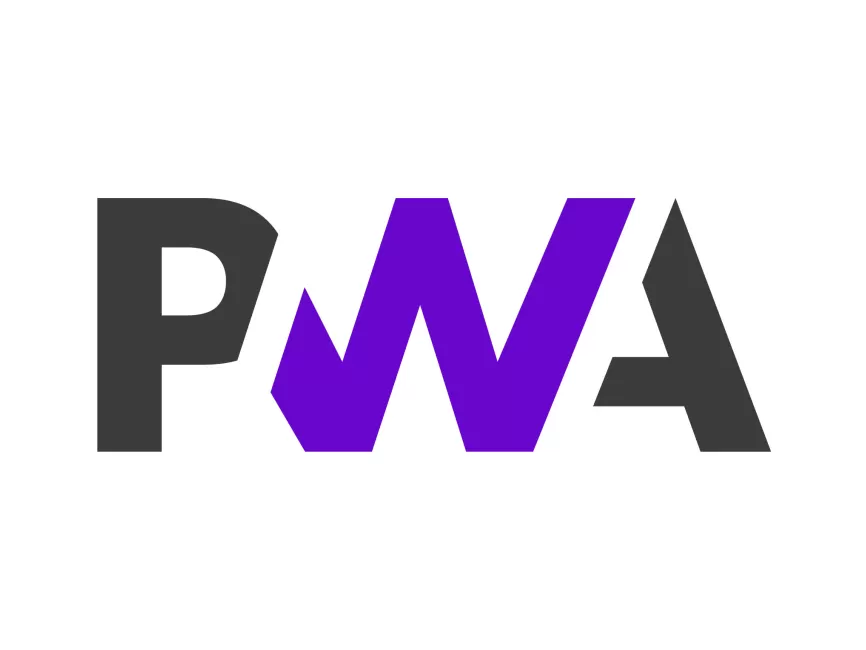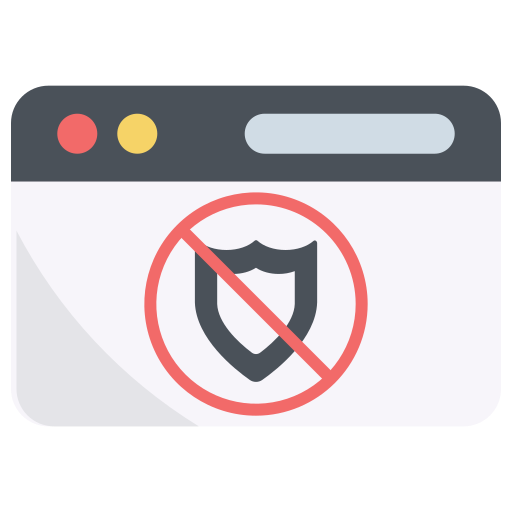We’ve all seen many different kinds of websites. We hop onto various kinds of websites every day. And while the pattern might not be that visible, we all know that different websites serve different utilities. If you’ve been on more than one website in the same niche, you’ll know that other than their design, they are quite the same.
If you’ve thought about getting a website or making one for yourself, you should know which type of website serves what purposes. Some factors are characteristic of certain types of websites and essentially define what those websites stand for.
These characteristics help us easily divide websites into a bunch of categories. Although the categories are numerous, we’ve summed them up into 10 types of websites that are most commonly seen. We’ll go into the details of what matters most on each type of website.
So if you want your website to stick around in a certain niche, you should remember all these factors.

1. E-Commerce Websites
E-commerce websites are online stores that allow you to browse their items, add them to your cart, and complete a purchase. These items are shipped to you by the store owners. These websites can offer products from various stores or provide a platform for various stores to put their items on their website.
These items are then drop-shipped from the store to the buyer. In this way, e-commerce websites act as global stores that don’t require you to make in-person purchases. The biggest benefit these websites offer is accessibility.
If you’re building an e-commerce website, one of the first things you’ll need to make sure of is a good user interface. E-commerce websites have quite a bit of depth, and they can be tedious to navigate through. Providing users with an effective and easy navigation interface is crucial for an e-commerce website.
Amazon is the most popular e-commerce website we’ve all heard of. If you’re aiming for an e-commerce store, you should check out how Amazon makes navigation easy for its users.
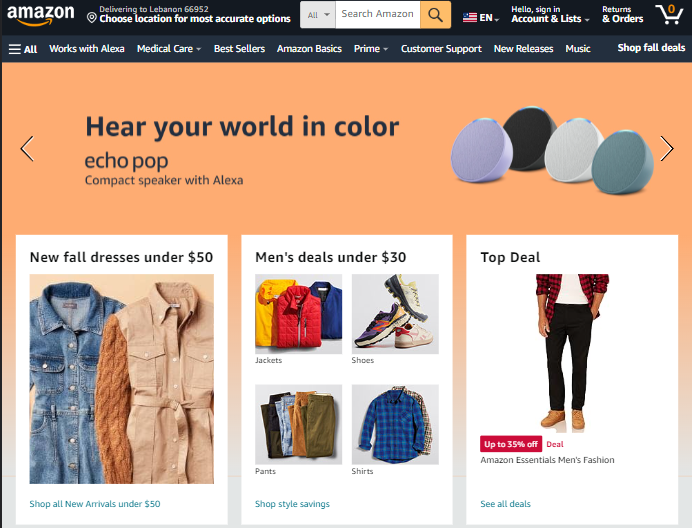
2. Educational Websites
Educational websites are aimed at educating people. Now you might think that’s pretty much all websites. But educational websites target their users much more specifically. A good example here would be an online course website.
The aim of these websites is to create course packages that are then made accessible to users. These courses may be free or paid. In the case of a paid course, you’ll have an experience similar to an e-commerce website.
Authority is the first thing that makes an educational website great. For example, many big universities create educational websites and give out certificates to students who complete their courses. Educational websites cover the complete material, from books to lectures to assignments and quizzes. These certificates do hold significant value for your CV.
A key factor for educational websites is setting expectations clearly and keeping track of student activity. Students shouldn’t have to navigate from the start every time they login. If you’re thinking of building an educational website, you might want to check out some of the best educational websites, such as Udemy and Coursera.
3. Informational Websites
Informational websites are slightly different from educational websites. They do provide information aimed at educating people, but they aren’t bent on you remembering or even understanding it. While the aim of these websites is to make information digestible and easier for you, they don’t go into the academic details.
Informational websites are much less formal than educational websites and, in some cases, much more popular too. Since these websites aim to provide you with the gist of a certain topic instead of digging into the technicalities, the information on these websites is much more accessible for most people.
The best informational website on the Internet is undoubtedly Wikipedia. Wikipedia isn’t niche-specific and acts as an online free encyclopaedia. An example of a niche-specific informational website is Kurzgesagt, which provides information about science and space.
If you want to build an informational website, your content will prove to be the king. So make sure to focus on it and produce a copy that is based on facts and not opinions.
4. Business Websites
Business or service websites don’t sell their products or services online. Instead, they provide a way for users to contact them and hire them for a service. Think of these websites as a marketing platform for businesses and brands.
These kinds of websites face quite a bit of competition. And as with all sorts of marketing, the most crucial thing for these websites is representing themselves right. Business websites need to have testimonials, portfolios, and proof of their quality on the website.
If you’ve got a business that you want to show the world, getting a business website could be a nice idea. Instead of chasing the noise, make sure your website is truly reflective of your brand. Having a common theme, a story of your own, or a team section only serves to add appeal to your business website.
5. Blogging Websites
Blogging websites go as far back as the beginning of all websites. These websites are much more casual as compared to informational websites. While they serve the same purpose of providing information, blogging websites do it in a more frank way. You’ll find that blogging websites have the personal opinions of writers instead of just hard-core facts.
Blogging websites cover a lot of genres and have further subcategories. In the very beginning, blogging websites were an online diary for many people, but it is rare to see those nowadays. These websites are likely to carry expert opinions and reviews of products, etc.
Some famous blogging websites are Game Rant, Medium, and Forbes.
If you are aiming to create a blogging website, create catchy and interesting content. And make sure you stay consistent and produce a lot of good content for your website.
6. Personal Websites
Personal websites are made by individuals to highlight their services. You can also think of these as portfolio websites. In some cases, instead of individuals, small businesses create such websites without really trying to get to the top of the rankings.
If someone were to search for their name or their particular service, they might pop up. But these websites are usually small websites that don’t expand or market themselves actively.
If you’re thinking of creating a personal website, put everything you’ve got into it. Don’t be modest when putting your achievements, past projects, or services on display.
7. Forum Websites
Forum websites are websites where users ask questions in various niches, and experts in those fields answer their queries. This is the goodest part of the Internet. These forum websites are saviours in many critical situations. You’ll be surprised that your oddly specific query already received an answer in 2001 and has just the answer you were looking for.
And if you feel like no one has asked what you are looking for, post your own question and possibly help out some future lost soul.
Some of the best forum websites you must have come across are Quora, Stack Overflow, and Reddit, if you want an adventure. There’s no shortage of topics these forum sites cover, so you’re likely to find one that you really like.
If you’re planning to create a forum website, security is an important factor you might want to consider. And make sure your website is easy to use and helps the user as much as possible.
8. Non-Profit Websites
Non-profit websites or volunteer websites call for people to aid a specific cause or mission. Crowdfunding websites can also be considered a subcategory of nonprofit websites. These websites aim to heighten an issue and spread awareness, teaching people how to prevent that issue and asking them to aid in any way they can.
Many volunteers collect charity money online and donate to the right causes. Nonprofit websites also provide free sources of information, such as books, lectures, or something similar.
A good example of a nonprofit website is the Archive Team, which is a volunteer team on a mission to preserve the lost parts of the Internet. Charity websites are easy to find, too.
If you’re aiming to build a nonprofit website, try to be as genuine and transparent as possible. This is the best way to build trust for your cause and do some good.
9. Social Media Websites
Social media websites are something that needs no introduction. Youtube, Facebook, and Twitter are the most frequented websites on the Internet. The mode of socialising on these websites may vary, but their end goal is the same; connecting people.
Social Media websites are quite hard to top in this day and age, but if you’re feeling innovative enough and have an awesome idea, then you should keep user preferences in mind. Since these websites are made for all sorts of users, don’t overcomplicate your design. Make things as accessible as you can.
10. Booking Websites
Hotel bookings, flight bookings, or any other kind of reservation can be made through a website. And such websites are all booking websites. Some examples are Uber, Airbnb, Kayak, etc.
All these websites let you book some services, so it’s clear to see that quite a bit of planning goes into ensuring no schedule clashes occur. And if you’re aiming for such a website, do consider if you have a backup plan in case of an emergency or miscommunication.
For booking websites, what matters most is the user experience. And while the service itself isn’t part of the website, how easy it is for users to navigate through your website matters a lot. Keep your booking website clean and free of extra elements while stating all important information very clearly.

Takeaway
Determining the right type of website for you is the first step before you start building your own website.
Although the modern era of websites is all about breaking the norm, having a good plan before you start working is not a bad idea. Times are changing, and modern website designs are reflective of new ideas instead of sticking to the typicalities of design.
And while bringing new ideas on board is in fashion, you’ll find that not every idea works. So unless you’re absolutely adamant on doing something different, knowing your niche and the type of website will prove essential for you.


